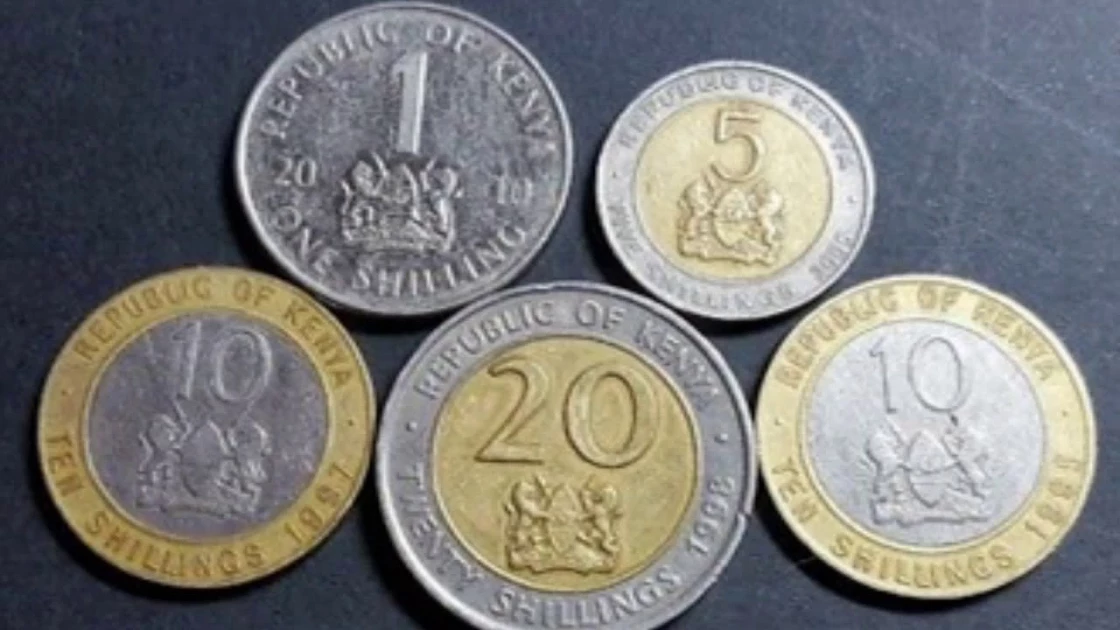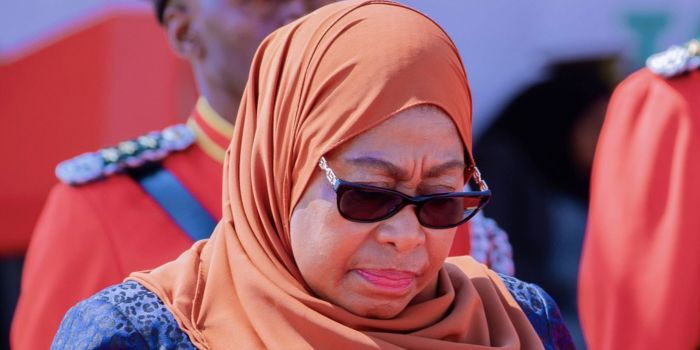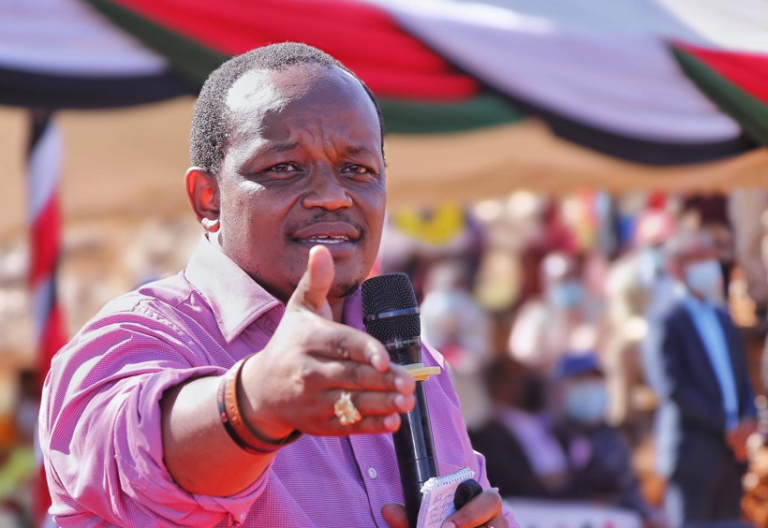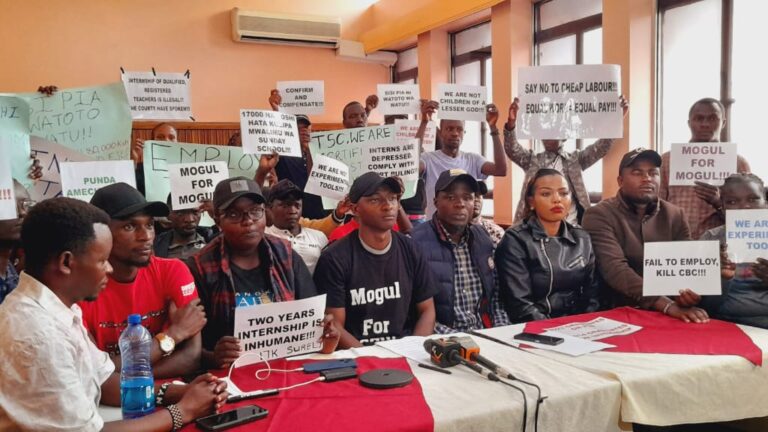
A massive shake-up could be on the horizon for Kenya’s education sector.
In a dramatic turn of events, Parliament’s Education Committee is pushing for a staggering Sh7.3 billion to be injected into the 2025/26 budget — a move that could permanently absorb 20,000 intern teachers into the public payroll starting this July.
This urgent appeal comes as Kenya faces a ballooning classroom crisis. The student-teacher ratio in public schools has reached a tipping point, and the government now finds itself in a race against time to recruit 40,000 new teachers by the end of 2026.
Job Bonanza or Broken Promises?
Basic Education Principal Secretary Julius Bitok made headlines over the weekend when he announced the government’s intention to bring 24,000 new teachers onboard by December. Another 16,000 would follow in 2026.
Speaking during the 60th anniversary of Baringo High School, Bitok said, “This year alone, we’re adding 24,000 teachers to the Teachers Service Commission payroll. With this, we are creating 100,000 jobs over time. The remaining 16,000 will come in next year.”
These hires are part of Kenya Kwanza’s bold five-year pledge to recruit 116,000 teachers by 2027 — a promise now under intense scrutiny.
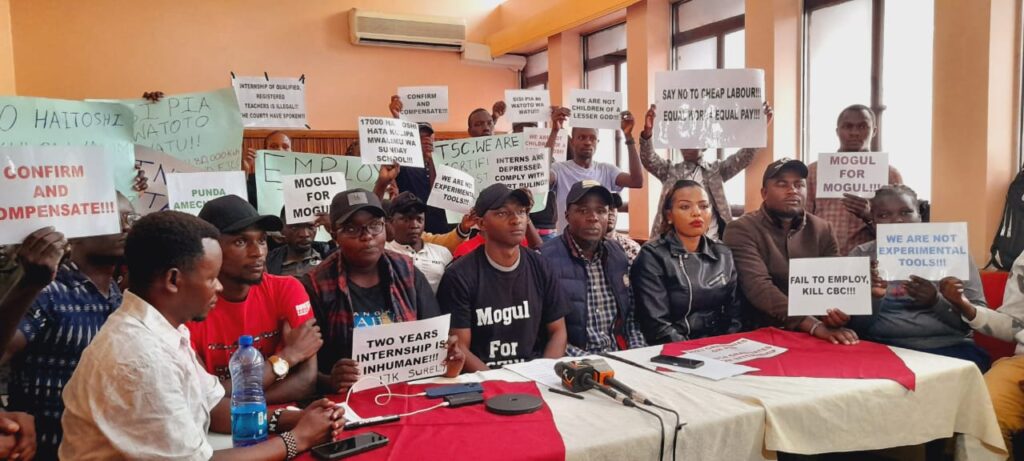
Intern Teachers at Risk of Joblessness
Alarm bells rang louder after the Teachers Service Commission (TSC) dropped a bombshell: there’s currently no budget to absorb the 20,000 intern teachers whose contracts expire in January 2025. These educators, who’ve been holding the system together, now face an uncertain future.
In its formal report to the Budget and Appropriations Committee, the Education Committee warned, “Unless Sh7.3 billion is allocated urgently, these teachers will be left out in the cold once their internships expire later this year.”
Bleak Numbers Reveal Deepening Crisis
The TSC has painted a grim picture. The country is short of nearly 100,000 teachers — and the gap is expected to widen dangerously with the rollout of senior secondary school in 2026.
“The current teacher deficit, including junior secondary school, stands at 98,261,” TSC CEO Nancy Macharia revealed during a heated session with the Constitutional Implementation Oversight Committee.
But the figures get worse.
Education Cabinet Secretary Julius Ogamba stunned Parliament by disclosing that a jaw-dropping 343,485 trained teachers are still unemployed across the country. That includes over 124,000 primary school teachers, 134,000 ECDE instructors, and more than 84,000 post-primary educators.
“These are teachers who are qualified, registered, and ready to work — yet remain locked out of the system,” Ogamba said.
Adding to the confusion, he admitted the government still doesn’t have accurate data on how many ECDE teachers have been hired by counties.
Budget Bottlenecks and Policy Paralysis
Ogamba blamed limited funding, strict vacancy approvals, and administrative red tape for the failure to absorb trained professionals into the workforce.
“Recruitment depends on budget allocations, available resources, and space in the approved staffing structure,” he said.
Still, the Teachers Service Commission insists it’s doing what it can — using internships to provide on-the-job skills to unemployed graduates, while promising to replace exiting teachers immediately to keep classrooms functional.
But for hundreds of thousands of trained, jobless teachers — and the millions of students they could serve — that promise might not be enough.
The pressure is now squarely on Parliament and the Treasury: Will they deliver the Sh7.3 billion lifeline, or will Kenya’s education system continue to bleed silently?




